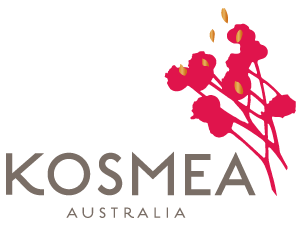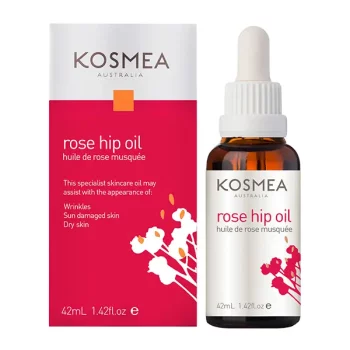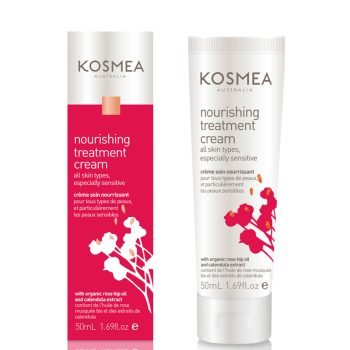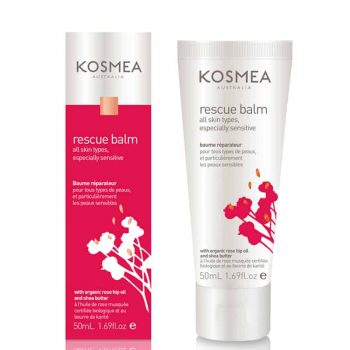skin scarring: how Rosehip Oil helps improve and lighten scars on skin
Scarring is a natural part of the body’s healing process. Scars form when the deeper layer of the skin which is called the dermis, is damaged through trauma or injury. Collagen which is a naturally occurring and abundant protein in the body is responsible for keeping the skin elastic and supple. When there is a wound, collagen is produced in greater quantities to generate new tissue growth in the wound bed.
Scars form after the wound has completely healed which is why minimising the formation of scars must start before the wound heals over. We’ll talk more about why Rosehip Oil is effective at treating scars further below.
Different types of scars
There are two common types of scars that form:
Hypertropic scar
When a wound heals, the scar tissue will usually flatten and become a hypertrophic scar. Hypertrophic scars are the most common type of scar. They remain flat and respond well to treatment.
Keloid scar
A keloid is a raised and enlarged scar that projects above the skin’s surface forming a smooth, reddish-coloured growth. Keloid scars usually extend beyond the edges of the original scar and can become progressively more prominent. Although most people never form keloids, people who are genetically predisposed can form a keloid after a simple insect bite. Susceptibility to severe scarring depends on your genetic makeup, how deep the original wound was, and the treatment applied to the area. Keloid scars are not malignant and occur more frequently in dark-skinned people.
How does Rosehip Oil help scar tissue?
Many scars can be prevented or minimised if you begin treating the scar before the wound has healed, while the body is generating new skin to the wound bed. Scarring develops after the wound has completely healed over, so it makes sense to start treating it during the healing process.
The body needs several things to accelerate wound healing, including protein, vitamin A, vitamin C, vitamin E and zinc. While these can be found in a healthy diet, the topical application directly to the scar or wound is effective at preventing scarring.
While it seems logical to allow a wound to dry and scab over in order to promote faster healing, this approach can actually increase the likelihood of scarring. The best environment for wound healing is a warm, moist environment with protection from bacteria. This treatment allows the skin to heal without stretching and tearing and can help prevent scarring.
Kosmea’s Rosehip Oil is a pure and natural oil which is good enough to eat, so it’s one of the few topical substances that can be safely used on wounds that are still healing.
The essential fatty acids and Vitamin A in Rosehip Oil help minimise or prevent scarring in the following ways:
- They promote new skin growth and regeneration
- They help keep damaged skin hydrated so that a wound can heal quickly without drying out and tearing the skin in the surrounding area which causes more scarring
- They have antibacterial and anti-inflammatory properties to help prevent further infection while the wound is healing
The application of Kosmea’s Certified Organic Rosehip Oil to recent scars or even old scars that are up to twenty years old has shown to improve scars in both colour and texture
Kosmea’s Rosehip Oil has the highest levels of Vitamin A - why is Vitamin A good for skin?
The science behind Vitamin A has shown that it benefits the skin in many ways. The liver converts Vitamin A to retinol and our skin is a retinoid-responsive organ, which readily absorbs vitamin A when applied topically.
Research shows that retinol stimulates collagen production, reducing scarring and wrinkles when used topically.
Kosmea’s Certified Organic Rosehip Oil has the highest level of Vitamin A of all rosehip oils on the market. The delicate extraction process we use during manufacturing maintains the integrity of the powerful healing components of the oil.





